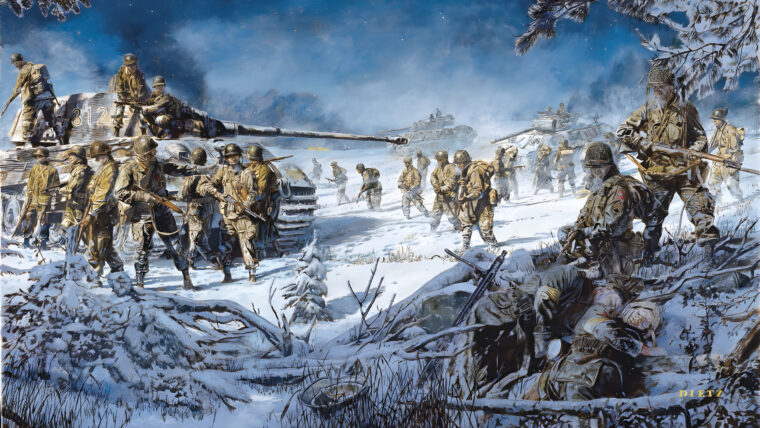
Sicily
Before the Battle of the Bulge: Forming the 551st “GOYAs”
By Donald Roberts IIBy summer’s end 1944 Adolf Hitler, along with much of his staff, began to realize that Germany was in serious danger of losing the war. Read more

Sicily
By summer’s end 1944 Adolf Hitler, along with much of his staff, began to realize that Germany was in serious danger of losing the war. Read more
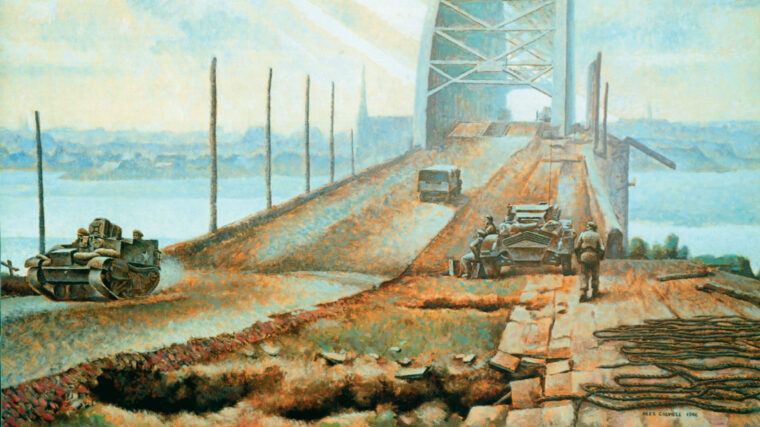
Sicily
“In the years to come everyone will remember Arnhem, but no one will remember that two American divisions fought their hearts out in the Dutch canal country,” wrote U.S. Read more
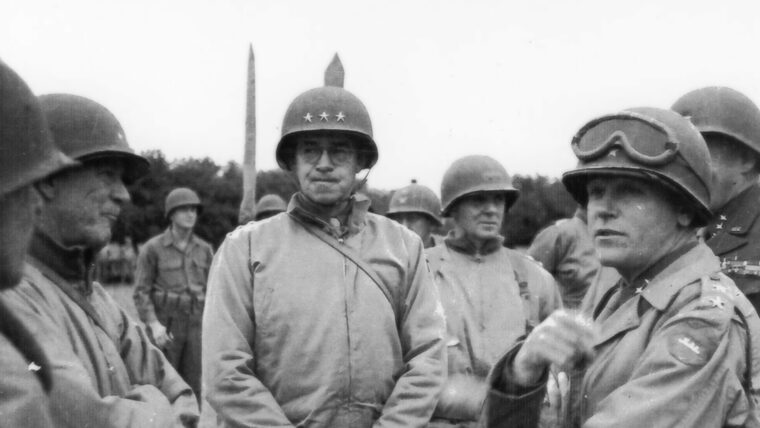
Sicily
General George S. Patton, Jr., once said, “An army is like a piece of cooked spaghetti. You can’t push it, you have to pull it after you.” Read more
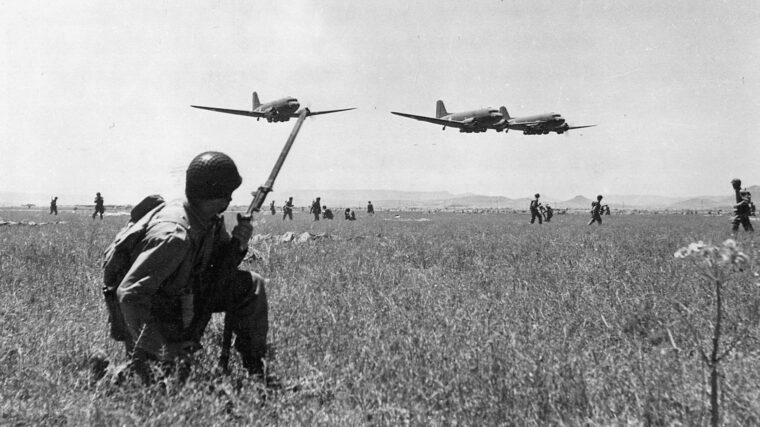
Sicily
Shortly after midnight on Monday, June 5, 1944, the dark skies over the coast of northern France were filled with thunder. Read more
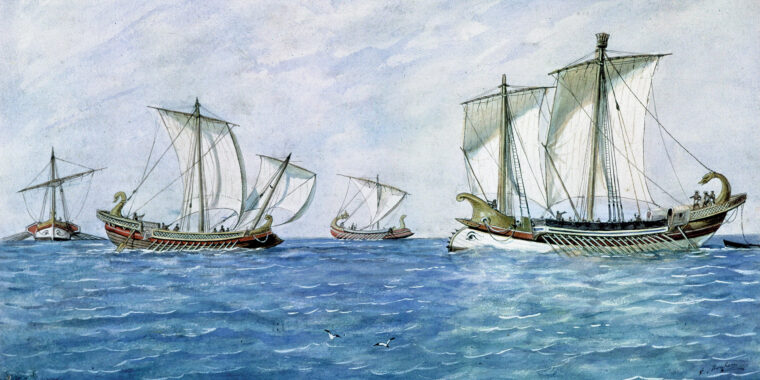
Sicily
“But so long as the Carthaginians held unchallenged control of the sea, the issue of the war still hung in the balance. Read more
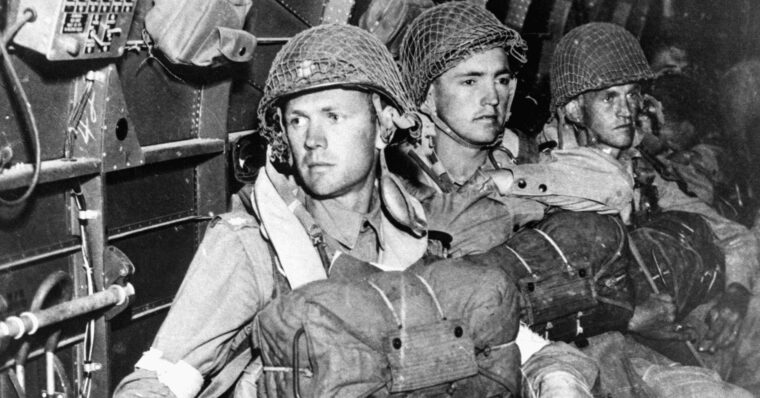
Sicily
Letters were a valuable commodity to the World War II soldier. They were the link to home and to all things familiar in a most unfamiliar place and time. Read more
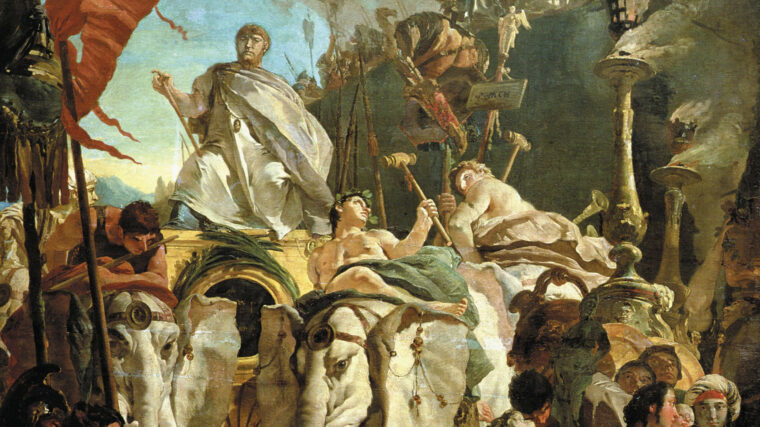
Sicily
By the middle of the 4th century bc, the Roman Empire had steadily expanded its reach into the southern half of Italy. Read more
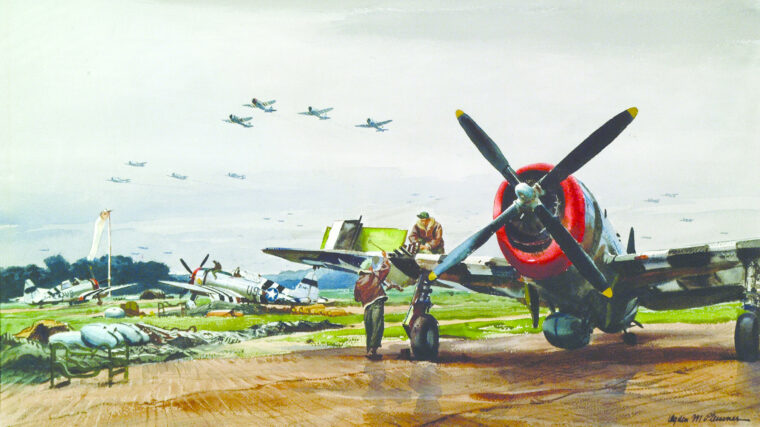
Sicily
Since the end of World War II, the aviation press has made the North American P-51 Mustang into the superstar Allied fighter of the war. Read more
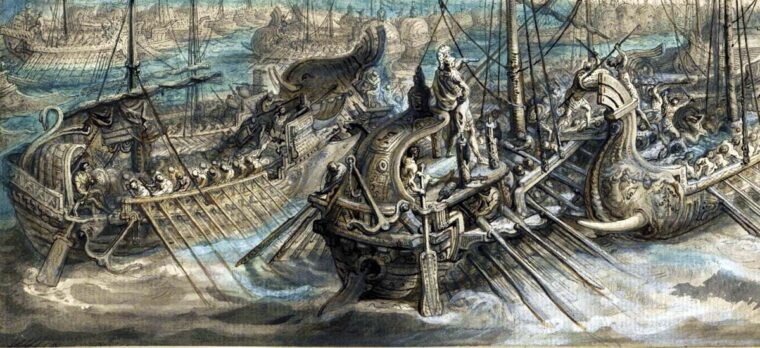
Sicily
The huge gangplank dangled in the air, suspended by a rope and pulley from a massive pole standing upright in the bow of the Roman galley. Read more
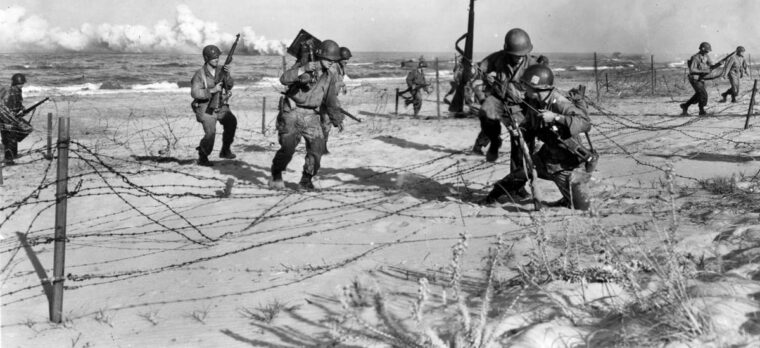
Sicily
In his Maxims of War, Napoleon Bonaparte wrote, “It is exceptional and difficult to find in one man all the qualities necessary for a great general. Read more
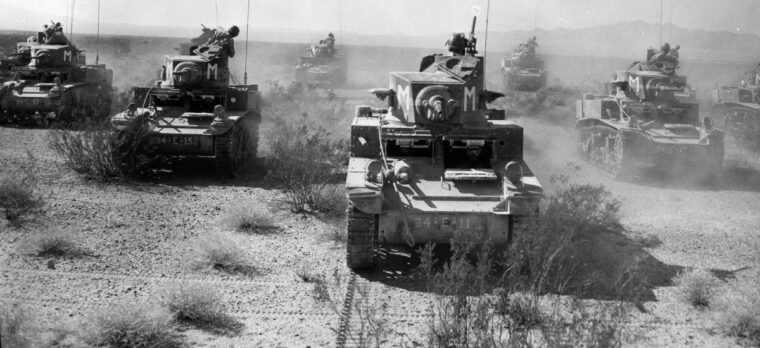
Sicily
Major General George S. Patton, Jr. had no patience for soldiers disobeying the rules of combat at his Desert Training Center in Southern California. Read more
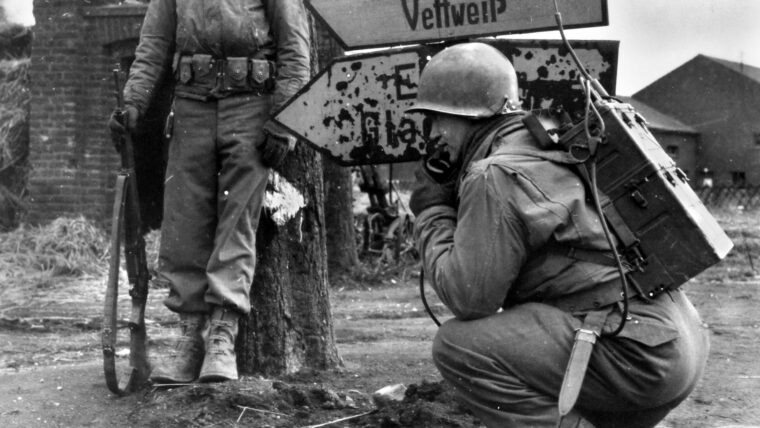
Sicily
Early in 1945, in the Northern Appenine mountains of Italy, T/5 Harvey, a radioman with the 10th Mountain Division, is carrying his WW2 radio backpack, the ever-handy SCR-300, into combat for the first time. Read more
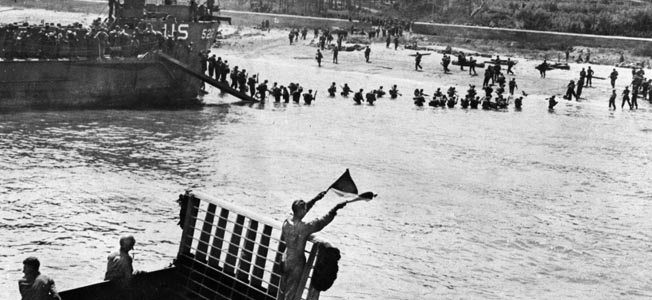
Sicily
Early in 1944, German Field Marshal Erwin Rommel, the defeated hero of North Africa and now head of Army Group B in France, was tasked with strengthening the Atlantic Wall defenses against Allied invasion. Read more
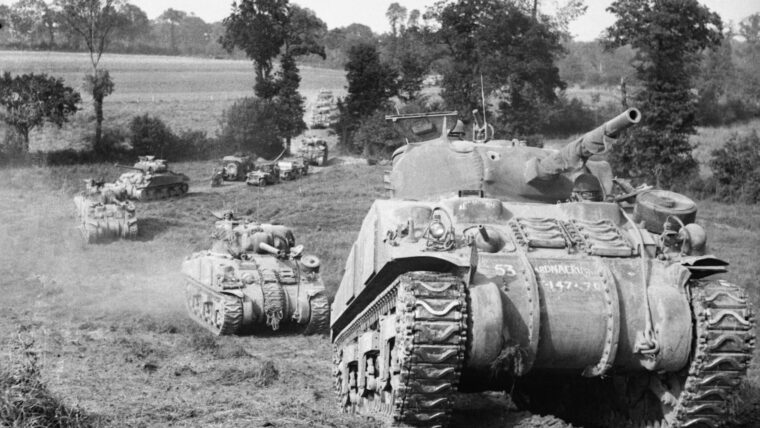
Sicily
It was a letter in the London Times that caught the attention of British wartime Prime Minister Winston Churchill. Read more
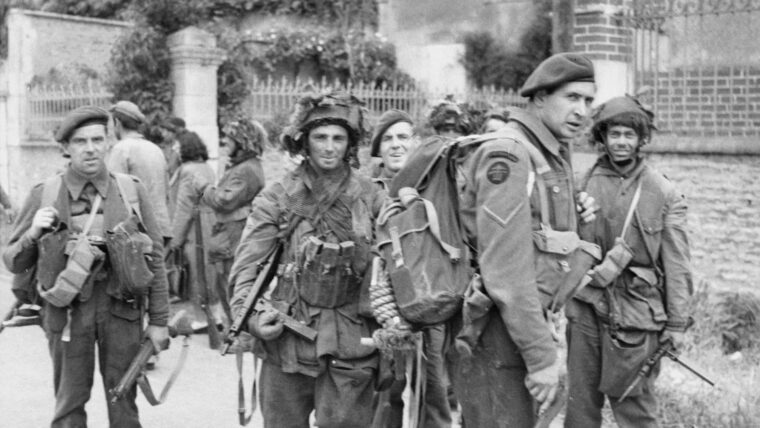
Sicily
After successfully fighting seasickness during the crossing of the English Channel, Lance-Corporal Ted Brooks of Number 48 (Royal Marine) Commando arrived on Nan Red Beach—which formed the left flank of Juno Beach—on the morning of June 6, 1944. Read more
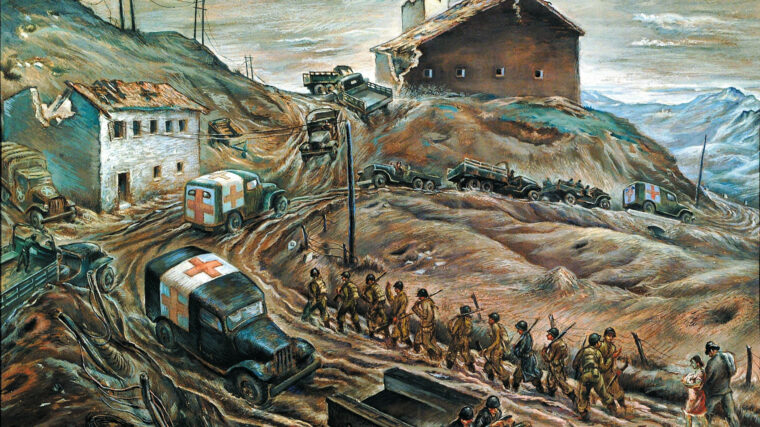
Sicily
The reason for it was unthinkable. The Gothic Line, the last line of defense in Italy, was necessary, but senior German commanders had not been concerned that it would ever be contested by Allied forces. Read more
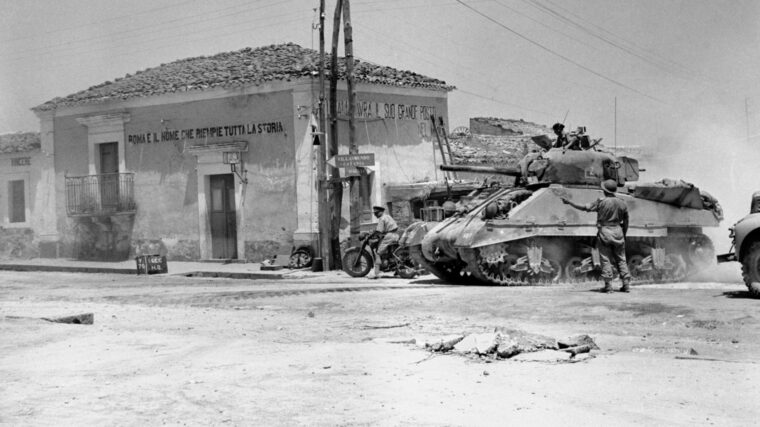
Sicily
‘‘As I floated down, the whole dropping zone seemed to be on fire; tracer bullets had set the tinder-dry stubble alight. Read more
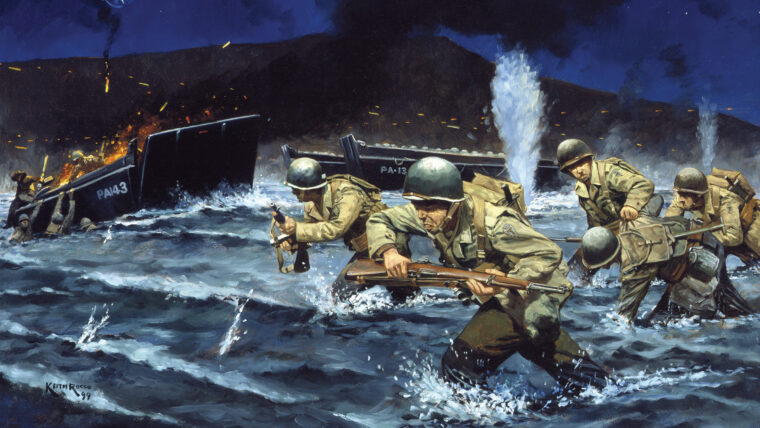
Sicily
As the 450 ships of the Operation Avalanche invasion force approached Salerno on the evening of September 8, 1943, the Allied troops, packed tightly aboard transport vessels, broke into wild celebration. Read more
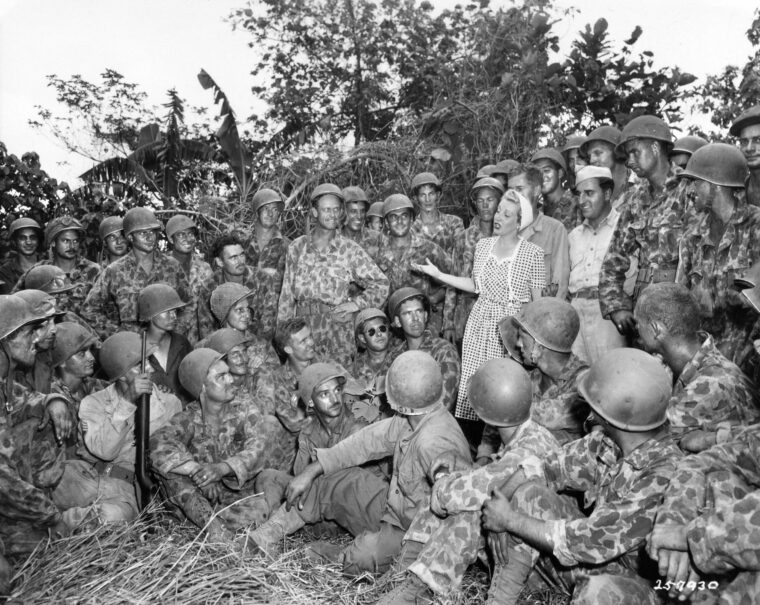
Sicily
Almost every American veteran has fond memories of a Track-Side Free Canteen, or a USO center at some train station or airport situated at locations around the world, or a “USO Camp Show” that provided entertainment close to the front lines, during every conflict since World War II. Read more
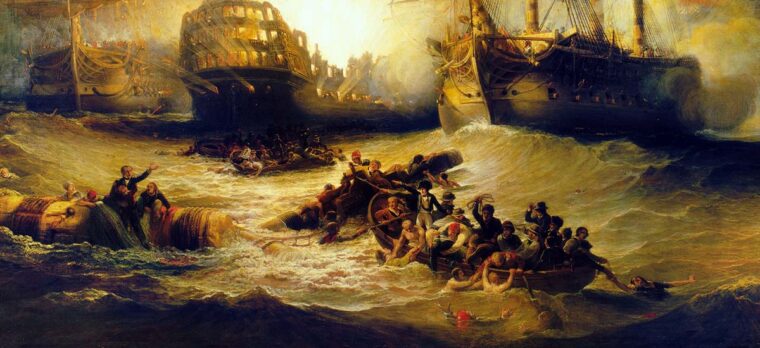
Sicily
In late June 1798, a French expeditionary force plied the Mediterranean, seen by fishing and trading vessels but its destination known only to a very few. Read more